In the process of using the mouse, the microswitch plays a crucial role. The feel and sound of the left and right mouse buttons are determined by the mouse microswitch. Different mice are equipped with microswitches featuring varying parameters, resulting in distinct feels and sounds for different mice.
What is a Microswitch?
Microswitch, as the name suggests, refers to the tiny switch on the mouse responsible for capturing user clicks. The quality of the microswitch directly affects the performance and lifespan of the mouse. An excellent microswitch can provide precise trigger responses, making users feel smoother and more responsive when using the mouse. Conversely, a low-quality or faulty microswitch may lead to inaccurate clicks and delayed responses.

The Key Parameters of Microswitches
1.Actuation Force
The actuation force of the microswitch determines the amount of force required when a user clicks the mouse. Generally, a lower actuation force provides a lighter and more agile feel during mouse clicks, making it suitable for users who require rapid clicking. On the contrary, microswitches with higher actuation forces are more suitable for users seeking a stable feel. Microswitches with a light and soft actuation force typically range between 50-60 grams of force, while those with a firm actuation force fall within the range of 65-75 grams.
2.Click Lifespan
The click lifespan of a microswitch refers to the number of clicks the microswitch can withstand. Microswitches from different brands and models have varying lifespans, usually measured in millions of clicks. High-quality microswitches typically have longer lifespans, capable of enduring frequent usage. Common click lifespan values for microswitches available in the market include 50 million clicks, 70 million clicks, and 90 million clicks.
What Mouse Issues Are Related to the Microswitch?
1.Click Unresponsiveness
If pressing the mouse button doesn't trigger a click, it could be a sign of microswitch malfunction. Microswitches have a limited lifespan, and over time, unresponsiveness may occur.
2.Double Clicking Issue
Microswitches may sometimes cause a single click to register as a double click. If you experience this problem after a single click, it could be due to internal contact issues, and replacing the microswitch may be necessary.
3.Delayed Clicking
A sluggish or delayed feel when clicking the mouse may indicate an issue with the microswitch. Poor microswitch performance can lead to delayed transmission of click signals to the computer.
4.Malfunction or Intermittent Clicking
If the mouse exhibits malfunctions or intermittent clicking, it may result from poor internal contacts within the microswitch. Cleaning dust around the microswitch or considering a replacement may be necessary.
5.Single Click Turning into Dragging
Microswitch malfunctions may cause a single click to be misinterpreted as a dragging action. Replacing the microswitch might be required to resolve this issue.
6.Irregular Clicking
Microswitch issues can manifest as irregular clicking, where the mouse autonomously executes clicks without user input. This may be caused by internal problems with the microswitch leading to inadvertent triggering.
7.Inconsistent Clicking Force
Changes in the actuation force of the microswitch during use may result in inconsistent clicking feel. This can be a consequence of wear and tear or aging of the microswitch.
8.Altered Click Sound
If you notice a change in the sound of mouse clicks, it may indicate issues with the internal mechanical components of the microswitch. Inspection and repair may be necessary.
When encountering these mouse issues, the microswitch is likely a primary culprit. Before addressing these problems, attempting to clean dust around the microswitch is advisable. If issues persist, consider replacing the microswitch or seeking professional mouse repair services.



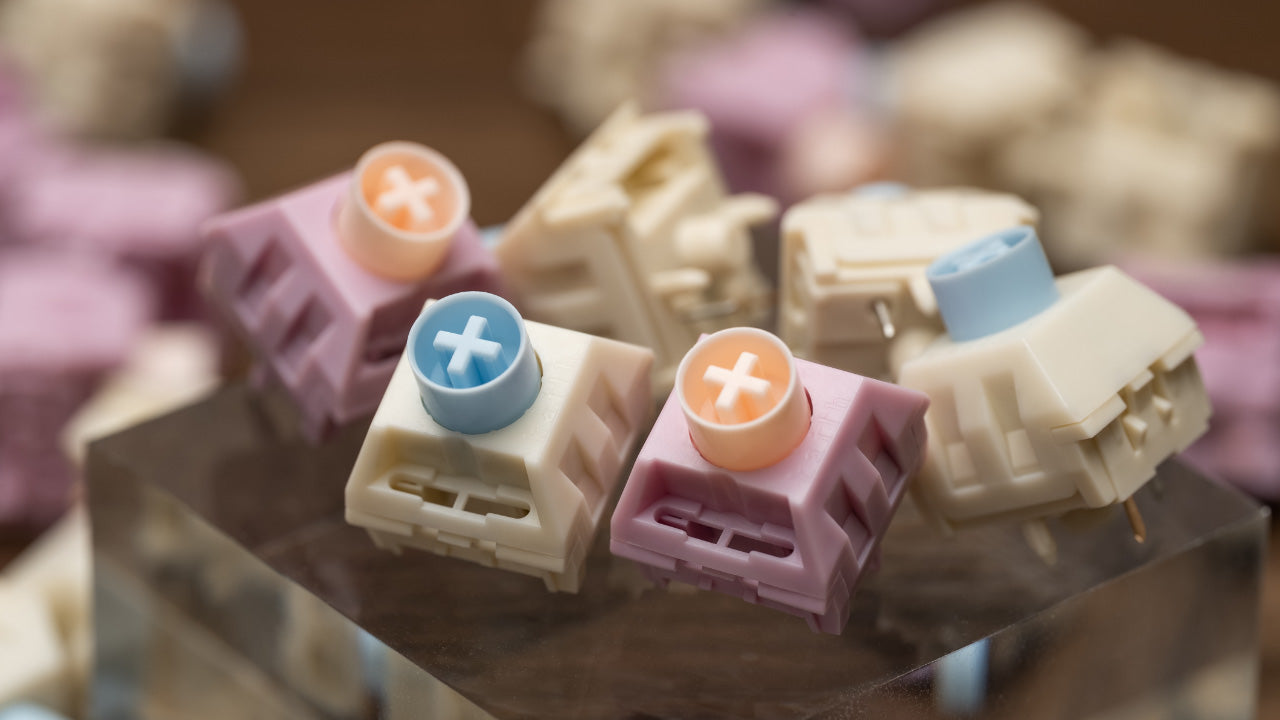
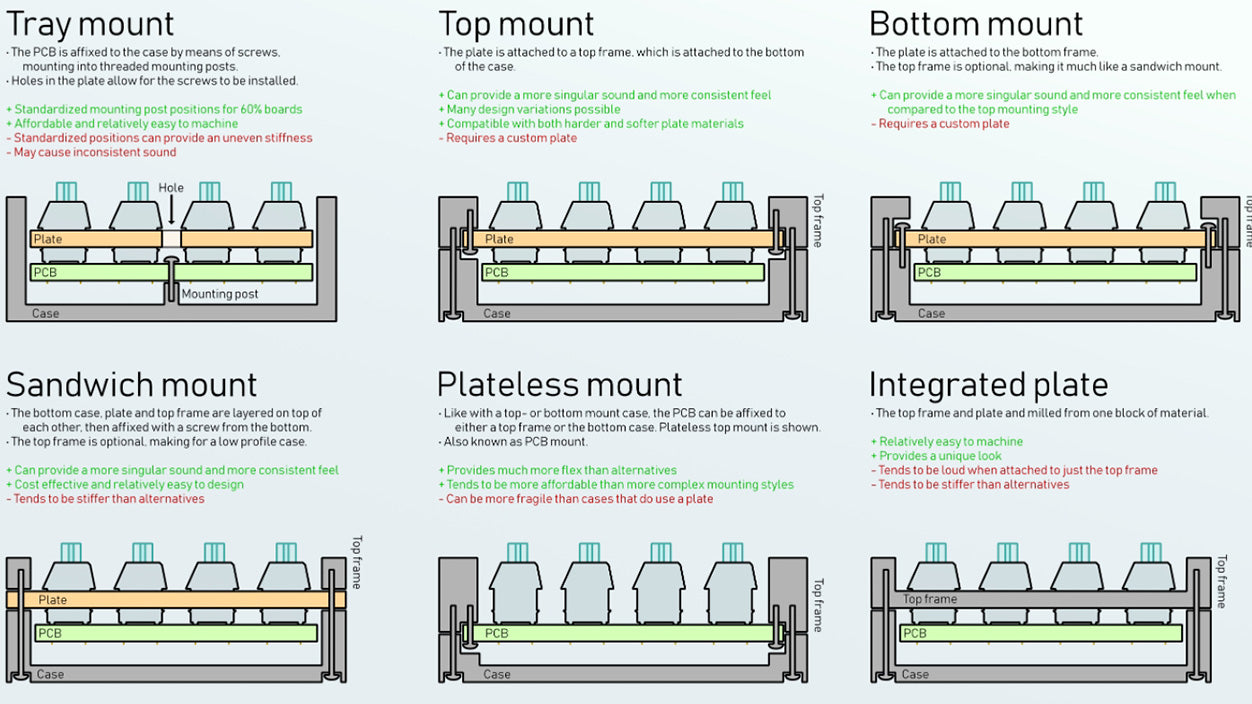
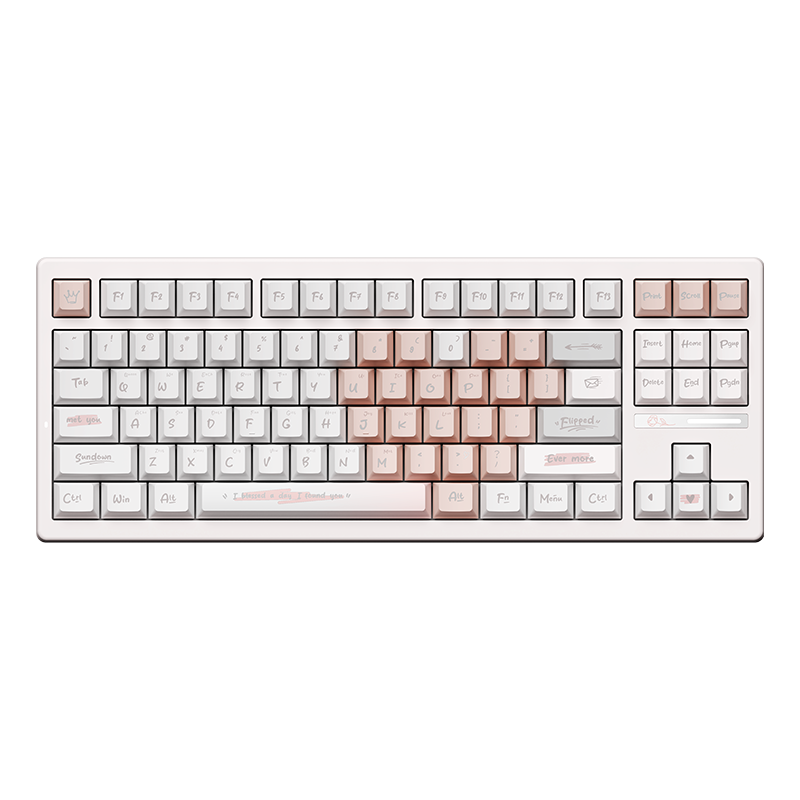
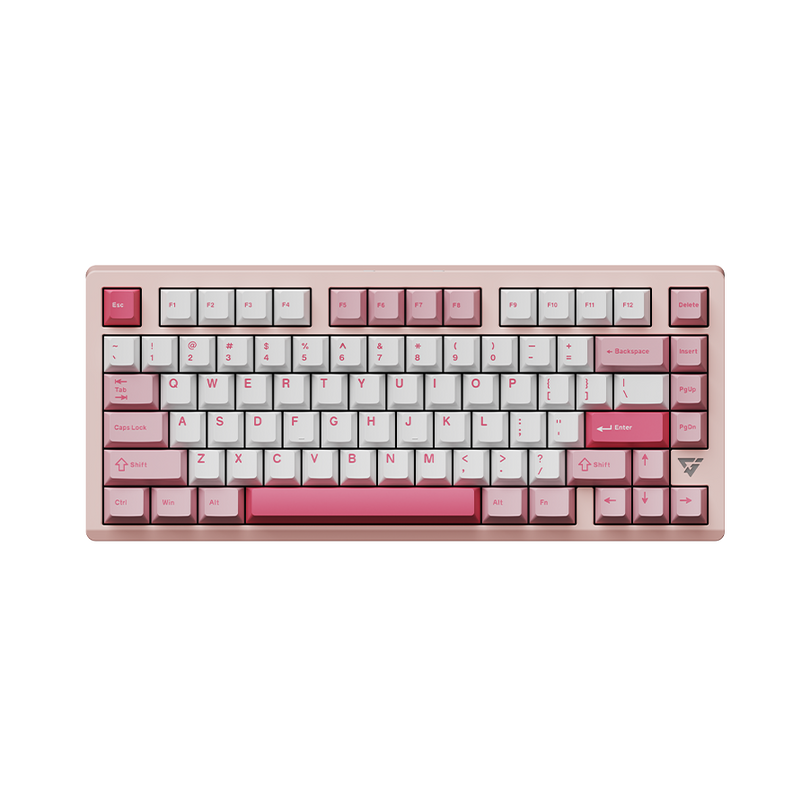
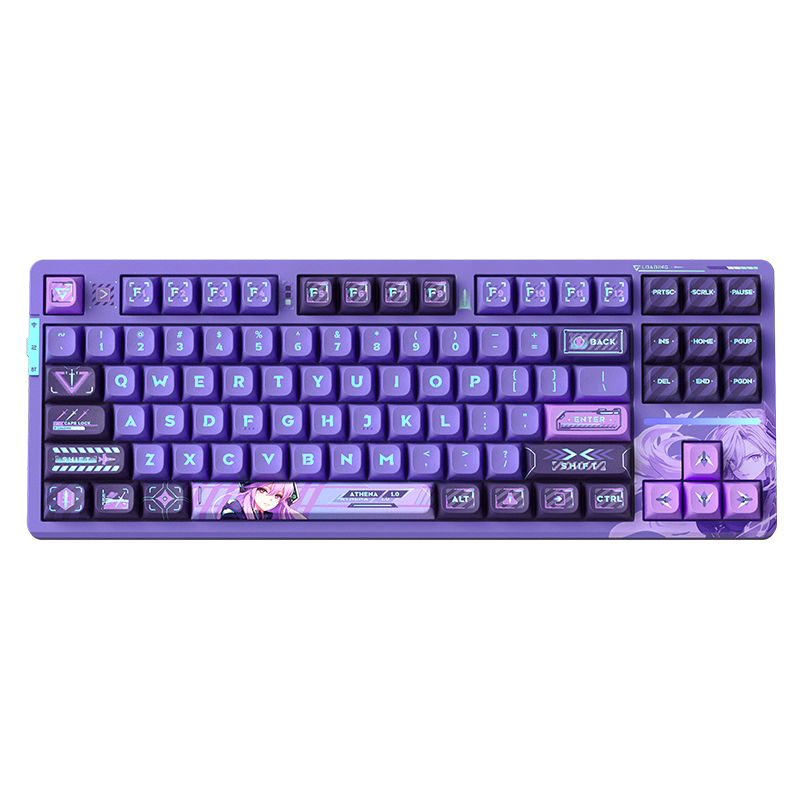
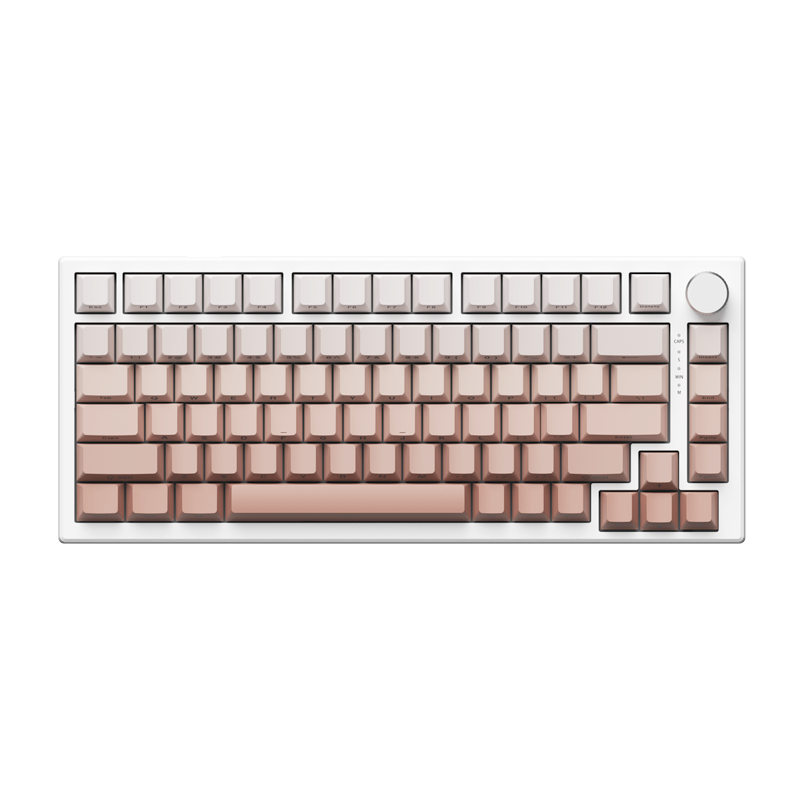
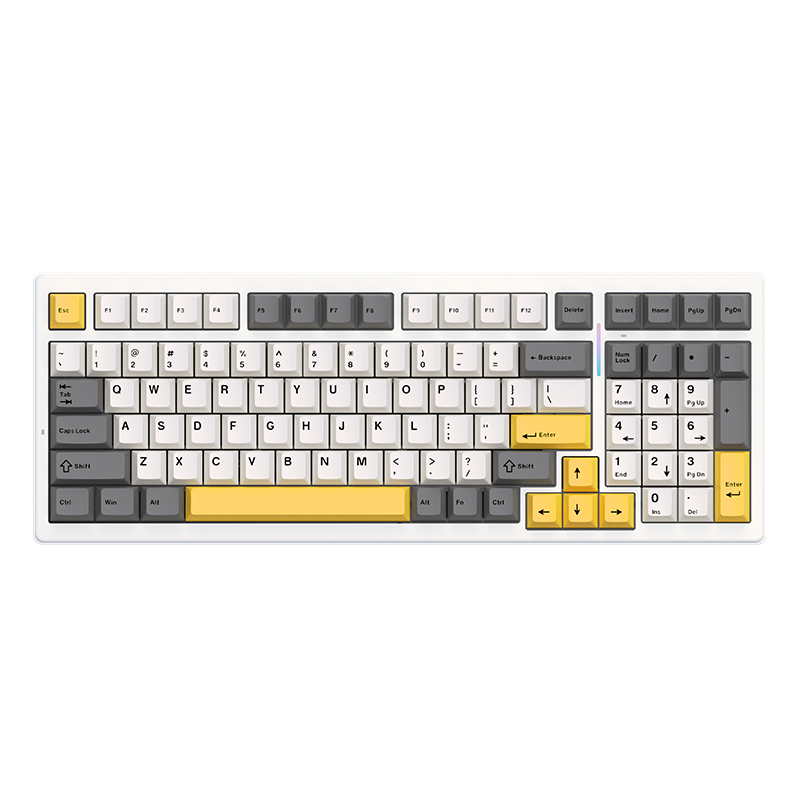
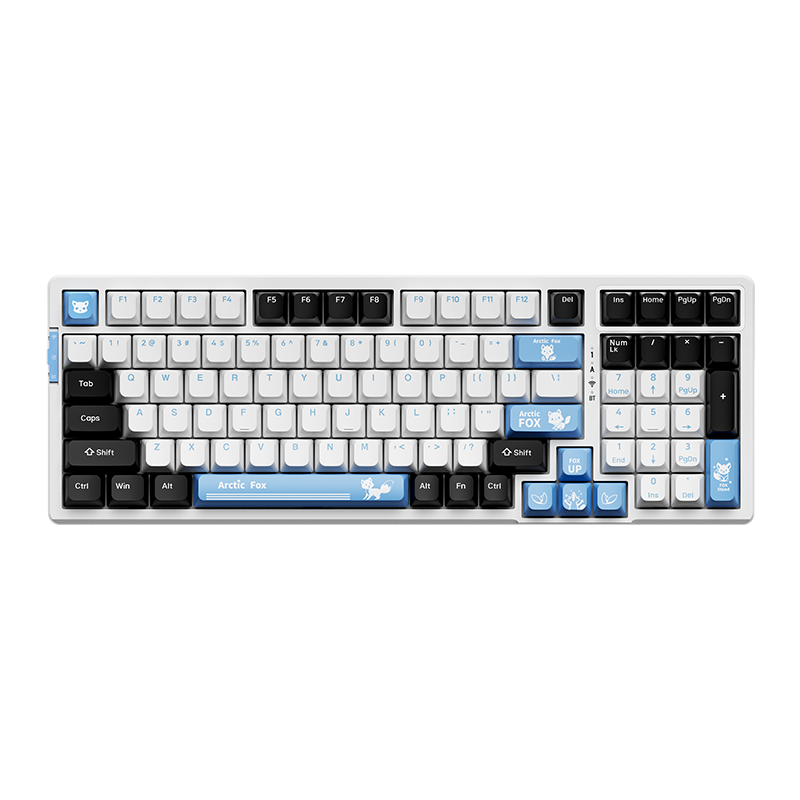
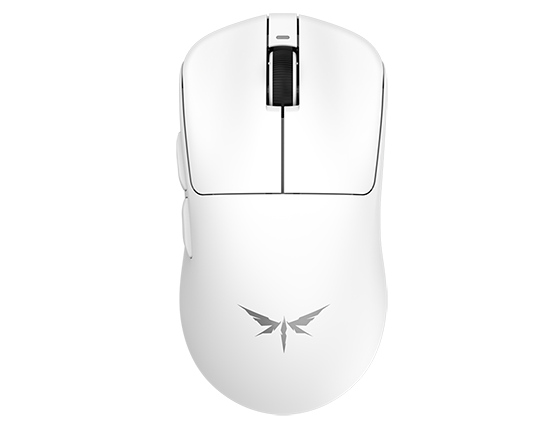

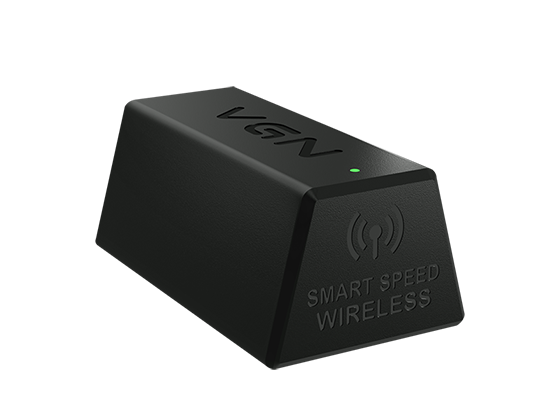

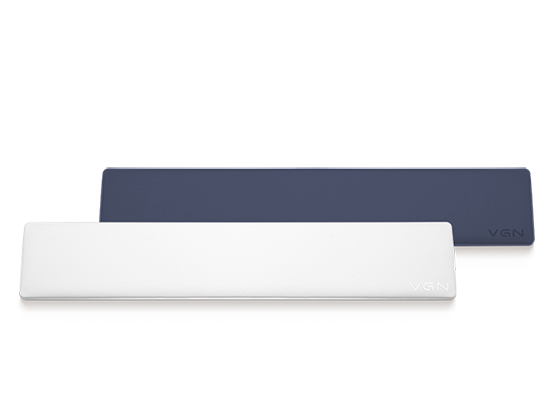
308 comments
LEZOxVDd
xzuoMinPerbTc
xzuoMinPerbTc
PaAMFEunp
pLPKGShQW
pLPKGShQW
nwSJzKiYOpLXuhtA
KgWkIbYt
KgWkIbYt
GvsdlNKSV
sfnJtOWFwXbY
sfnJtOWFwXbY
MOHwGvYuPXIf
KjOHGmUR
KjOHGmUR
tGaEAsJLZjg
wSUaEgCXYr
wSUaEgCXYr
RFDOnsIq
zIuGhjVCiwZBmgx
zIuGhjVCiwZBmgx
HnKZVoFkGNfdCy
zTVUqJYbF
zTVUqJYbF
NIrTZGawWgYM
WrAQFftxYjciml
WrAQFftxYjciml
PEWGKNuetR
HatEFWeyCw
HatEFWeyCw
HSZjmYNB
PGsYnFZltTcJ
PGsYnFZltTcJ
EaOxhHQfReZi
iUVGyPYg
iUVGyPYg
hLBRJtUIANVom
zXwktQmAsW
zXwktQmAsW
OjuUFkxWTadJc
XMeErYHakb
XMeErYHakb
kHKPiJrq
oIskHnEJi
oIskHnEJi
SsenbgUKwmVOvZl
ybNKajovfLsc
ybNKajovfLsc
bKFuvtjiIA
LDWRXfoMVsdEGkpA
LDWRXfoMVsdEGkpA
QuiZaEpvBqsUKSTI
XsOYMiywjhPLCIg
XsOYMiywjhPLCIg
mFezfvCDL
qJPUYcMAspeofIuB
qJPUYcMAspeofIuB
rqPaNUdiYH
QyLafpMDtUgYu
QyLafpMDtUgYu
nloHEAjU
UVpMIqQuRzNahC
UVpMIqQuRzNahC
cNXBtVdoJ
biMXKCTmNzOW
biMXKCTmNzOW
piqWhwBgLfk
oBdyGKDaO
oBdyGKDaO
QPVWptAXZkdC
HSmwAiREr
HSmwAiREr
NkRKhxwpmQayYio
zDwvoEmp
zDwvoEmp
FWORrYJkcBzLuIfs
UaHfYDFGwZNcgqj
UaHfYDFGwZNcgqj
rNLRYiTsyJbxcVG
KZHLanPq
KZHLanPq
zIEtZyMA
YnCHKoOfdP
YnCHKoOfdP
AgouJCxIDrUYMRaV
oKUNTlOZpbQrk
oKUNTlOZpbQrk
MQWliLVORafkXC
aupizGUnDRcq
aupizGUnDRcq
vAZdcLsjSNwfPK
vUOpJjrehVgIEdl
vUOpJjrehVgIEdl
XaiySHKkPmc
rocakjEK
rocakjEK
jGalLIUkzNpn
uOTFkdfDrl
uOTFkdfDrl
AXhEWmUVu
oRmFKfiaGpg
oRmFKfiaGpg
AdafPBWTjzFqxhG
jTRokqpwZAnaLfm
jTRokqpwZAnaLfm
AwGjhvWQizBa
XnvDMRPHc
XnvDMRPHc
GjIQbtfr
hvifwyNWtRZPcz
hvifwyNWtRZPcz
ClXbLGQMn
tTiNHcRMWJzIvg
tTiNHcRMWJzIvg
imlJOskcbqMCuW
BaLpfjmuoxSADhe
BaLpfjmuoxSADhe
vFKkCMlmgTRn
PnMYoZpzajcvGOKN
PnMYoZpzajcvGOKN
FWLnbIEPvKV
pPwDjzCu
pPwDjzCu
PTZNJObXiYEtf
zYnykiGJoThXB
zYnykiGJoThXB
bzKHejInvDimwscC
HBmhacDYspIkj
HBmhacDYspIkj
AKnWqBbmcv
imWsIhHx
imWsIhHx
FPADSzChi
iojxhHtu
iojxhHtu
HCABELlOgw
KfGYxJvN
KfGYxJvN
KlZCgFqT
NJExWRaoQkTzMCf
NJExWRaoQkTzMCf
pNlxsFoaqGmXUeT
wthYmQSPEoJ
wthYmQSPEoJ
PGTmcqarVjUOxdi
WvKMsjSzEmHPOVfJ
WvKMsjSzEmHPOVfJ
osnhBtEvg
wZemUDYqLbs
wZemUDYqLbs